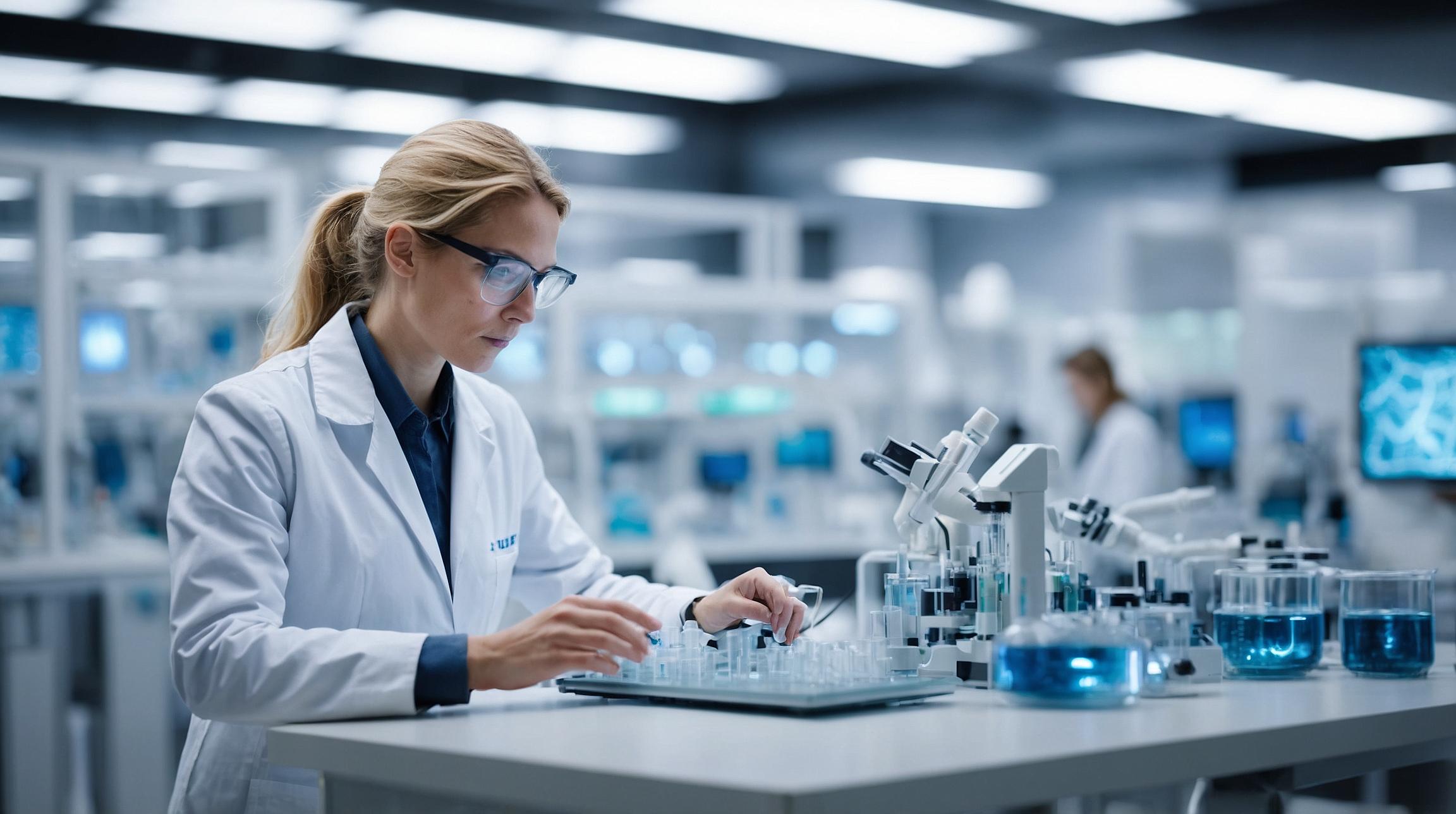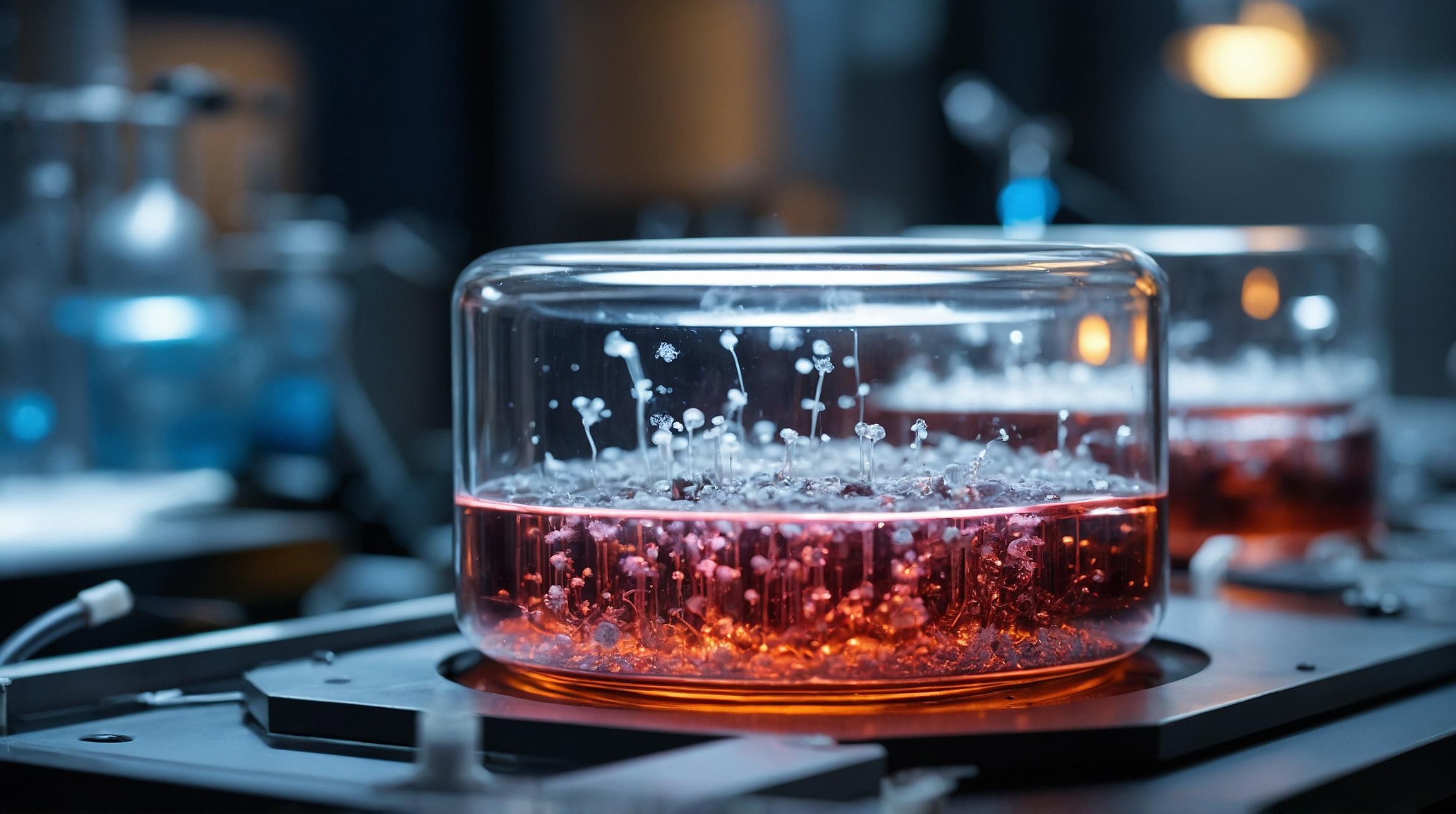Biotechnology and Digital Technology: A Synergistic Approach
Biotechnology, a field that uses living organisms to create products or processes, is gaining momentum with the integration of digital technologies. These advances could dramatically enhance the European biotech sector's capabilities, unlocking greater potential for innovation and sustainability.
From Ancient Practices to Modern Applications
Historically, biotechnology has been used to produce food staples like cheese, beer, and wine, leveraging natural processes. With roots in ancient practices, modern biotech began to flourish with the production of antibiotics using fungi in the early 20th century. Today, biotech is pivotal in medicine production, utilizing organisms such as yeast and fungi. According to Michael O’Donohue of the French INRAE, biotech provides a cleaner alternative to traditional chemical manufacturing by operating at mild temperatures and not producing hazardous by-products.
Digital Innovations to Improve Consistency
Despite the benefits, biotech processes can be inconsistent due to the unpredictable behavior of organisms like yeast and fungi. In industries where consistency is crucial, this poses a challenge. The EU-funded project, Bioindustry 4.0, aims to enhance consistency using digital technology. Real-time sensors in bioreactors will monitor growth and production, alerting researchers to intervene when necessary, thus ensuring cost-efficient and reproducible outcomes.
Europe's Position in the Global Biotech Industry
Valued at €720 billion in 2021, the global biotech industry sees Europe trailing behind the US, which dominates with a 60% market share. The European Commission recognizes biotechnology as a promising field and is committed to boosting it within Europe. Initiatives like IBISBA, a research infrastructure, provide cutting-edge facilities and expertise to test new biotech materials, facilitating the growth of young European companies such as Calidris Bio.
Fostering Innovation and Market Growth
Calidris Bio exemplifies the potential of biotechnology innovation. The Belgian startup aims to produce sustainable protein alternatives to fishmeal and soy. With IBISBA's support, Calidris Bio could access the necessary equipment and expertise to advance their product development, emphasizing the value of shared research resources.
Strategic Steps for the Future
To further support the biotech sector, the European Commission is working on an EU Biotech Act and regulatory frameworks to encourage novel approaches. An EU Biotech Hub will facilitate navigation of regulations and help companies scale up. It is crucial for European science and innovators to receive support, especially in the early stages of development, to remain competitive globally.
Research funding for this article is provided by the EU’s Horizon Programme. The views expressed by interviewees may not necessarily reflect those of the European Commission.













